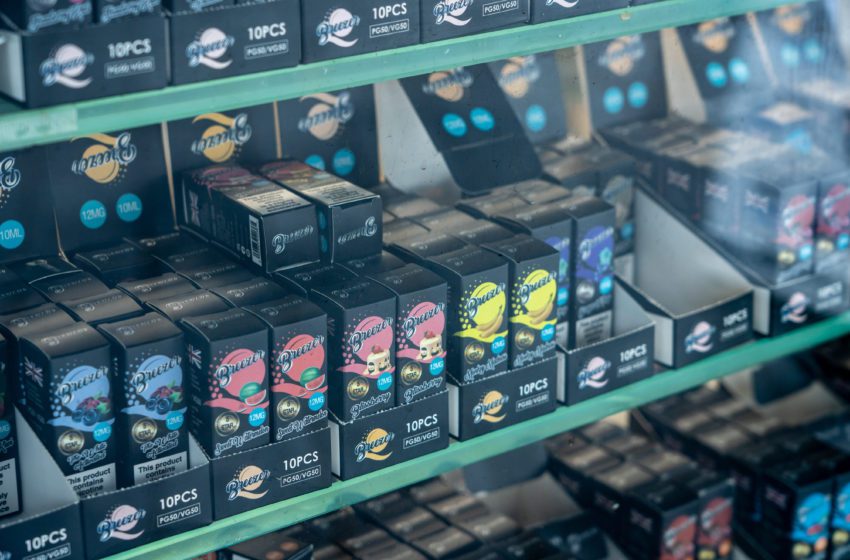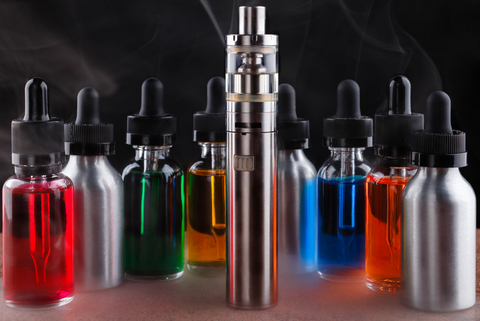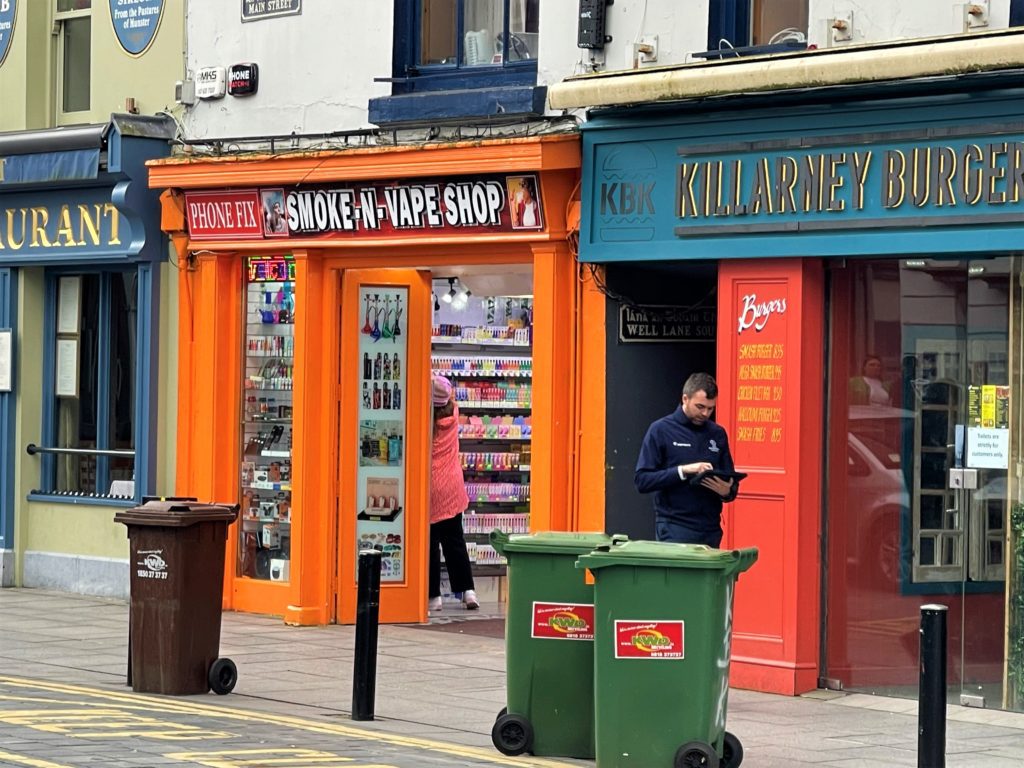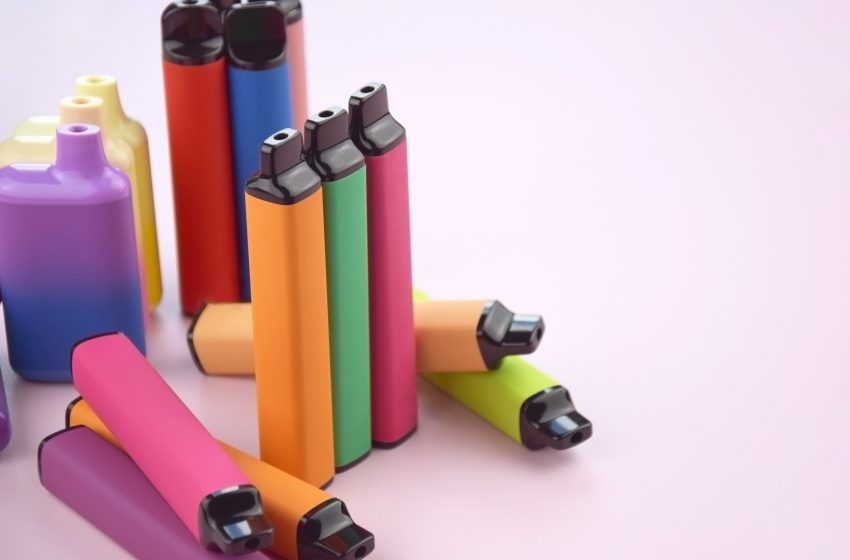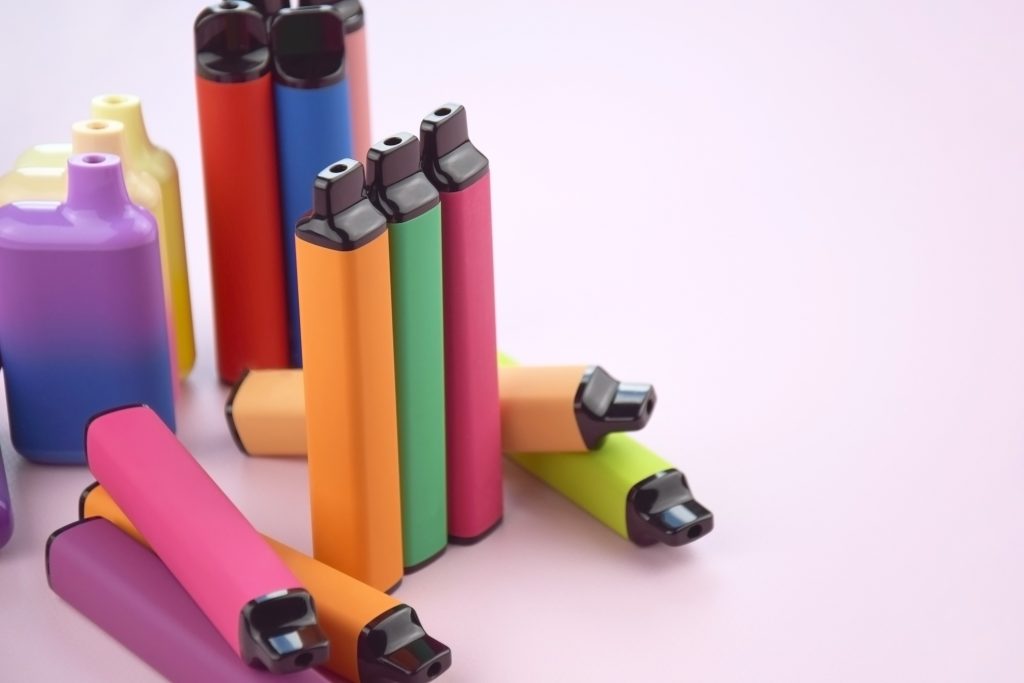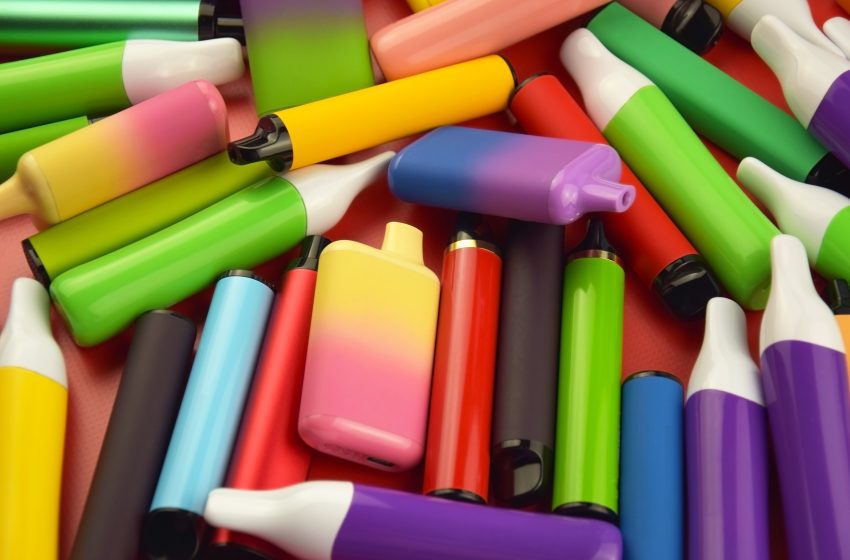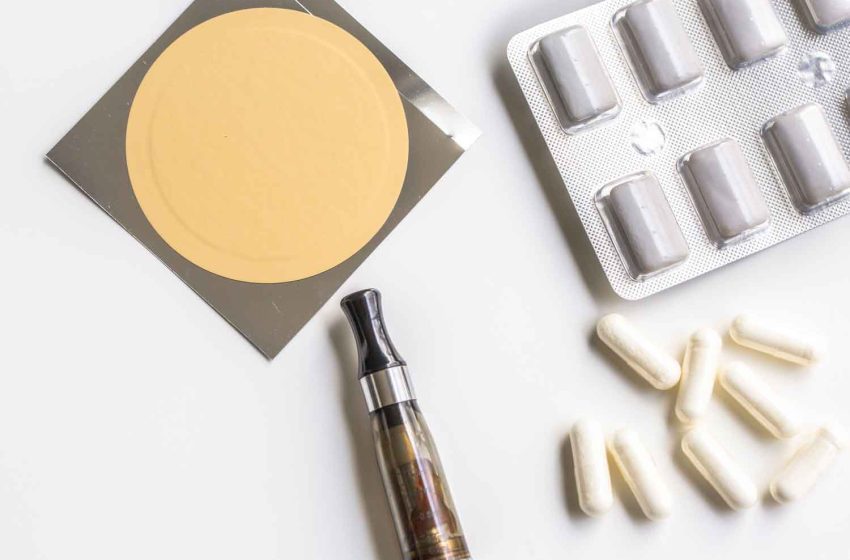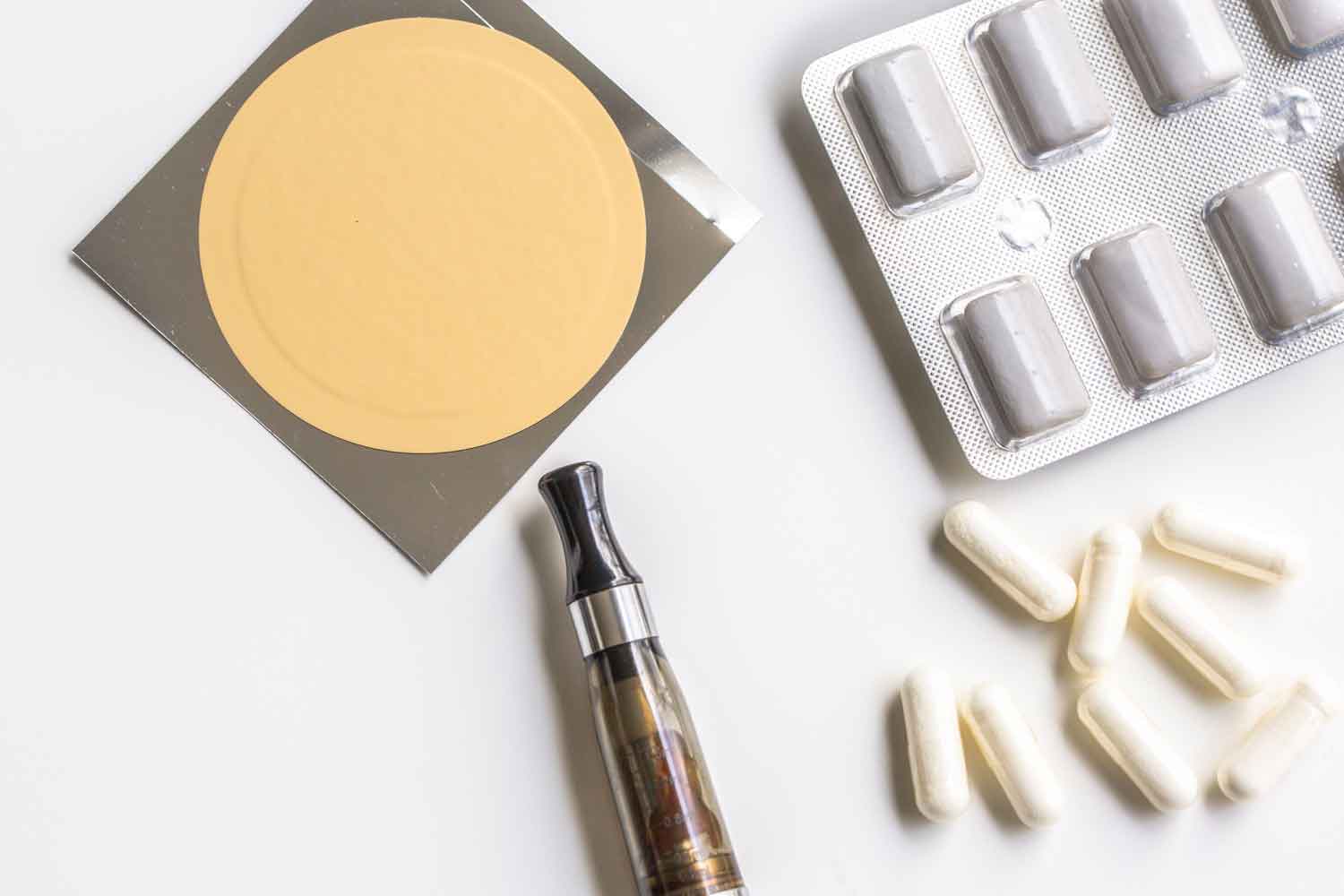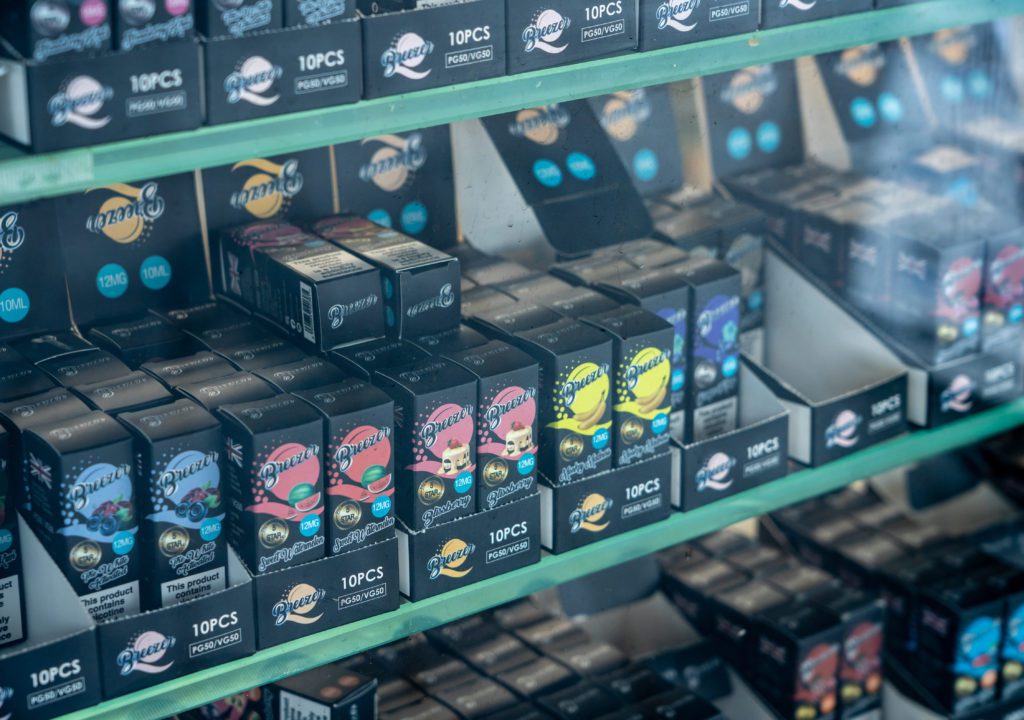
After New York City moved to ban flavored vape products three years ago, Sheriff Edgar Domenech says some distributors continue to sell illegal products.
“This is organized criminal activity at the forefront,” he said.
More needs to be done to address the sale of illegal flavored vape products in the state, according to retailers and former law enforcement officials.
Earlier this month, New York City Mayor Eric Adams moved to sue four vape distributors he alleges are illegally targeting minors by continuing to sell the now-banned products.
The suit against the four distributors was praised by Domench as a potential path forward for addressing the issue.
“It’s a model that other states should basically replicate to go after these distributors who are selling counterfeit vape products that are endangering the lives of our children,” Domenech said.
The proliferation of illegal vape products can be damaging to small businesses that are following the law, he added, according to Spectrum News.
“Mom-and-pop operators want to do it the right way,” he said. “They are paying the tax on the tobacco products. They’re only selling a legitimate product.”
New York Association of Convenience Stores President Kent Sopris says the lack of enforcement has hurt business owners.
“You don’t want folks to go to another store, but you especially don’t want folks going to another store because they’re selling the illegal products you can’t sell,” he said.
But more work is needed to address existing laws for flavored vape products in New York, Sopris said. The push comes as New York is working to crack down on the sale of unlicensed marijuana as the legal marketplace has struggled to get off the ground.
“What it takes is some coordination,” Sopris said. “The infrastructure is there. The will, the funding and the coordination have to be provided.”

